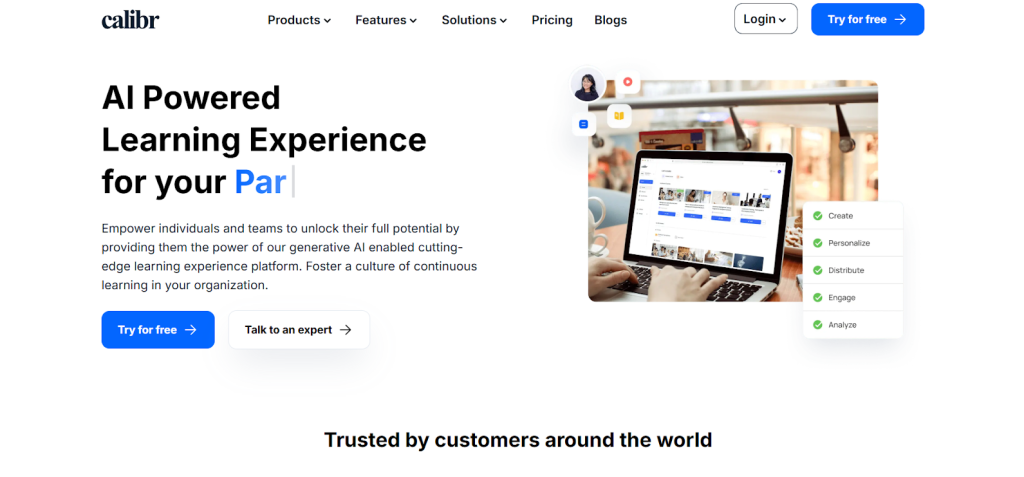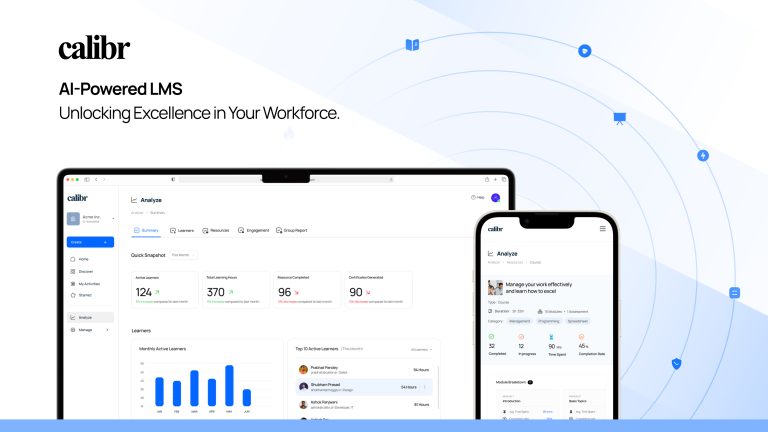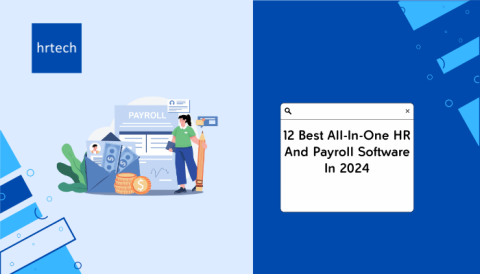The Middle East is undergoing a significant digital transformation in the education and corporate sectors. From government-led upskilling initiatives to enterprise-wide digital training programmes, Learning Management Systems (LMS) are at the heart of this shift.
Key drivers for LMS adoption include:
- A growing youth population is seeking flexible learning options.
- Increased investment in e-learning infrastructure across the GCC.
- The rise of hybrid workplaces demands remote training solutions.
- Government-backed mandates for workforce development and knowledge economies.
In fact, the UAE’s Vision 2031 and Saudi Arabia’s Vision 2030 both place a strong emphasis on digital education, further fuelling LMS demand.
Importance of Localised Solutions
Regarding LMS deployment in the Middle East, generic simply doesn’t work. Regional organisations now prioritise platforms that reflect local nuances in language, content, and compliance.
Why localisation matters:
- Arabic Language Support: Essential for learner engagement and inclusivity.
- Cultural Relevance: Content and UX that align with regional sensibilities.
- Regulatory Compliance: Adherence to country-specific e-learning policies and data privacy laws.
- GCC-Focused Integrations: Seamless integration with popular HRMS, ERPs, and Ministry portals.
As the e-learning ecosystem in the region matures, businesses and institutions are increasingly choosing LMS platforms that deliver both global standards and regional adaptability.
Top LMS Software in the Middle East
The demand for smart, scalable learning platforms is accelerating across the Middle East. From government-backed upskilling initiatives to enterprise-wide digital training, these LMS solutions are powering the region’s shift towards a knowledge-based economy.
1. Calibr – Talent Development LMS

Calibr is a unified platform that combines the strengths of an LMS and LXP. It supports course creation through generative AI, enables skill-based learning journeys, and provides analytics that link learning to business impact. Built with the needs of modern Middle Eastern enterprises in mind, it offers localisation features, compliance readiness, and integration with regional tech ecosystems.
Key Features of Calibr.ai:
- AI-Powered Course Authoring: Calibr’s generative AI enables subject matter experts to craft interactive courses in under 30 minutes, streamlining the content creation.
- Integrated LXP and LMS: The platform combines the strengths of LXP and LMS, facilitating both structured learning paths and exploratory learning experiences.
- Personalised Learning Journeys: Leveraging AI algorithms, Calibr.ai curates tailored learning paths, ensuring content relevance and enhancing learner engagement.
- Comprehensive Content Support: From micro-learning modules to e-books and videos, Calibr supports diverse content formats, catering to varied learning preferences.
- Robust Analytics and Reporting: Organisations gain insights into learner progress, course effectiveness, and skill gaps through detailed analytics dashboards.
- Seamless Integrations: Calibr.ai integrates with platforms like Udemy Business, Go1 and PACKT, expanding its content repository and offering learners a collection of over 100,000+ courses, videos and e-books of courses.
- Mobile Accessibility: The responsive design ensures flexibility and convenience for learners by allowing them to access training materials anytime, anywhere.
- Gamified Learning Experience: Calibr includes built-in gamification elements such as badges, points, and leaderboards to motivate learners and improve course completion rates. These features enhance engagement, especially among younger, digitally-native workforces.
Pros:
- Fast, AI-assisted content creation dramatically reduces training rollout time.
- Engaging, adaptive learning experiences increase learner retention.
- Built-in analytics help connect learning outcomes to business goals.
- Strong support for localisation and Arabic-first learning.
Cons:
- May require onboarding time for legacy HR/L&D teams unfamiliar with AI tools.
- Advanced features are best suited to mid-to-large enterprises; they may be overkill for smaller organisations.
Use Cases:
- Employee Onboarding and Training: Accelerate new hire integration and upskill existing employees with structured learning paths.
- Compliance and Regulatory Training: Ensure adherence to industry standards through mandatory training modules and certifications.
- Customer and Partner Education: Extend training beyond internal teams to educate customers and partners, enhancing product adoption and satisfaction.
Calibr stands out as a comprehensive solution for organisations aiming to modernise their training approaches. By harnessing AI capabilities, it delivers personalised, efficient, and impactful learning experiences.
Ready to redefine learning in your organisation? Explore how Calibr can streamline your training programmes, drive skill development, and link learning directly to business performance.
2. MenaME LMS – HR-Integrated Learning
MenaME LMS is part of MenaITech’s broader HCM ecosystem, allowing businesses to seamlessly connect learning with HR operations. It supports role-based training, performance-linked development, and automated learning journeys.
Key Features:
- Seamless HRMS Integration: MenaME LMS is designed to work in tandem with MenaITech’s HR modules, allowing HR and L&D departments to manage employee training from the same platform that tracks performance, payroll, and attendance.
- Role-Based Course Assignment: Courses can be assigned automatically based on an employee’s job title, department, or managerial level, ensuring relevant and timely learning experiences.
- Certification and Training History Management: Each employee’s training history and certifications are recorded in their profile, making it easy to track learning progress and ensure regulatory compliance.
- HR-Friendly Analytics Dashboards: Learning and development data is presented in clear, actionable dashboards that allow HR teams to evaluate training effectiveness and address skill gaps.
- Arabic Language Interface: The platform offers full Arabic language support, catering to learners across the MENA region and ensuring inclusivity and better comprehension.
Pros:
- Streamlined integration with existing HR systems.
- Localisation and Arabic-first design.
- Centralised reporting across HR and L&D.
Cons:
- Limited standalone features for non-MenaITech clients.
- Course content library may require third-party supplementation.
3. Almentor – Content-Rich LMS
Almentor is primarily a video-based LMS with an emphasis on expert-led Arabic content. While it’s used in academic and enterprise settings, the platform is best known for its extensive e-learning catalogue.
Key Features:
- Extensive Arabic Course Library: Almentor provides access to hundreds of high-quality video courses delivered by regional experts. Topics range from entrepreneurship and communication to leadership and wellbeing.
- Instructor-Led Certifications: Users can enrol in instructor-driven programmes with certification upon completion, providing added value for professionals seeking accredited development.
- Cross-Device Access: The platform works seamlessly across desktops, tablets, and mobile devices, making it suitable for on-the-go learning or remote learners.
- Progress Monitoring and Analytics: Learners can view their progress, while admins can track engagement, course completions, and learner feedback via built-in analytics tools.
Pros:
- Rich content tailored to regional audiences.
- Affordable licensing for mass learning access.
- Useful for soft skills, career upskilling, and public education.
Cons:
- Less flexibility for custom course creation or deep integration.
- Primarily video-based; may not suit all learning styles.
4. Edrak LMS – Scalable Education Platform
Edrak supports mass enrolment and self-paced learning at scale. While not a corporate LMS in the traditional sense, its academic-style delivery suits foundational and awareness-based training.
Key Features:
- Massive Open Online Course (MOOC) Delivery: Edrak offers large-scale course delivery suited for thousands of learners simultaneously, ideal for public education campaigns or large institutions.
- Bilingual and Arabic-Focused Content: Courses are available in both Arabic and English, supporting learners across different backgrounds and improving accessibility in multilingual environments.
- Self-Paced Learning Environment: Learners can complete modules at their own pace, with flexible timelines and course replays, ideal for working professionals or part-time students.
- Mobile-Friendly and Offline Access: Optimised for low-bandwidth environments, Edrak’s mobile platform ensures accessibility in underserved or remote areas with limited connectivity.
Pros:
- Free or low-cost access to quality content.
- Designed for broad accessibility and digital inclusion.
- Local and regional content partnerships.
Cons:
- Limited control over branding or corporate customisation.
- Less suitable for structured internal L&D.
5. Learnovia – Modular LMS for SMEs
Learnovia offers essential LMS features without overcomplication. From content upload to learner tracking, it supports the basics while remaining budget-friendly for smaller teams.
Key Features:
- Inbuilt Course Authoring Tools: Learnovia allows admins to create, edit, and deliver training modules directly within the platform, without needing third-party software.
- Assessment and Quiz Management: Integrated tools help measure learner understanding through quizzes, tests, and assignments that can be auto-graded or manually reviewed.
- Custom Roles and Learner Segmentation: Businesses can create access rules for different user groups, e.g., sales teams, customer service reps, or new hires, allowing for personalised training paths.
- Modular System Architecture: Organisations can select only the modules they need (e.g., analytics, gamification, certification) and scale the system as they grow.
Pros:
- Lightweight and easy to deploy.
- Ideal for organisations without prior LMS experience.
- Affordable pricing for SMEs.
Cons:
- Limited advanced features or integrations.
- May not support highly complex training structures.
6. Al Manhal LMS – Arabic Academic + Corporate LMS
Al Manhal offers an LMS geared towards institutions that need structured access to Arabic academic and training content. It integrates learning delivery with knowledge databases and research tools.
Key Features:
- Access to Al Manhal’s Academic Repository: The LMS is directly integrated with Al Manhal’s vast Arabic e-library, providing users with access to books, journals, theses, and reports across multiple disciplines.
- SCORM-Compliant Learning Delivery: Courses and content follow international SCORM standards, allowing institutions to import third-party content or migrate from other LMS platforms with ease.
- Custom User Roles and Permissions: Admins can assign roles such as instructor, learner, or reviewer, and define what content or data each group can access, critical for academic or enterprise governance.
- Dual-Purpose LMS: Built to serve both academic and corporate clients, the platform accommodates diverse use cases—from structured coursework to skill-building programmes.
Pros:
- Strong alignment with Arabic academic institutions.
- Useful for content-heavy programmes and research-based learning.
- Supports blended learning models.
Cons:
- Less emphasis on AI or adaptive learning.
- May require content partnerships for corporate-specific training.
Final Thoughts
As digital transformation accelerates across the Middle East, Learning Management Systems are playing a pivotal role in shaping the region’s future workforce. From AI-driven platforms like Calibr to Arabic-first content hubs like Almentor and Al Manhal, the LMS landscape is more diverse and dynamic than ever before.
When selecting the right platform, it’s important to consider:
- Your organisation’s size and growth trajectory.
- Training goals, whether compliance, upskilling, or leadership development.
- The need for local language support and regional integration.
- Content readiness versus in-house course creation needs.
While each LMS brings its own strengths, Calibr stands out for enterprises seeking a future-ready, AI-powered solution that links learning to measurable business impact.
Looking to elevate your training strategy? Discover Calibr, a platform that doesn’t just deliver courses, but drives measurable outcomes. Turn your LMS into a true talent development engine.







